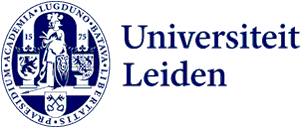Academic integrity
This page provides information about what to do if you suspect a fellow Leiden University student or staff member of violating the principles of academic integrity.
Academic integrity
The Association of Universities in the Netherlands (VSNU) has drawn up the Netherlands Code of Conduct for Scientific Practice, the Principles of Good Academic Teaching and Research to ensure that the meaning of academic integrity is clear to all. This code of conduct lays down the five basic principles of academic research, which in turn serve as guidelines for all staff and students of Leiden University.
Education
The importance of credible and scrupulous academic research is emphasised within all Bachelor’s and Master’s programmes. The courses offered to PhD candidates on this subject also ensure that academic integrity is an important element in our curricula, at both faculty and university level.
Academic integrity of staff members
The confidential counsellor on academic integrity is your first point of contact if you have doubts about the academic integrity of a staff member or PhD candidate at Leiden University and need information or advice.
You can find more information about regulations and procedures on the university website and in the Regulations on Academic Integrity, which have been drawn up to supplement the VSNU code of conduct. Here you will find all regulations concerning what to do if you suspect a staff member or student of violating the principles of academic integrity. The confidential counsellor can also explain the possible routes and procedures to follow.
Academic integrity of students
As a student you are also bound by the principles of academic integrity, for example when writing a paper or thesis. There are strict rules concerning plagiarism and fraud stated in your study programme's Education and Examination Regulations. For further information, or if you suspect a fellow student of violating the principles of academic integrity, you should contact your study adviser/coordinator or the ombuds officer.
